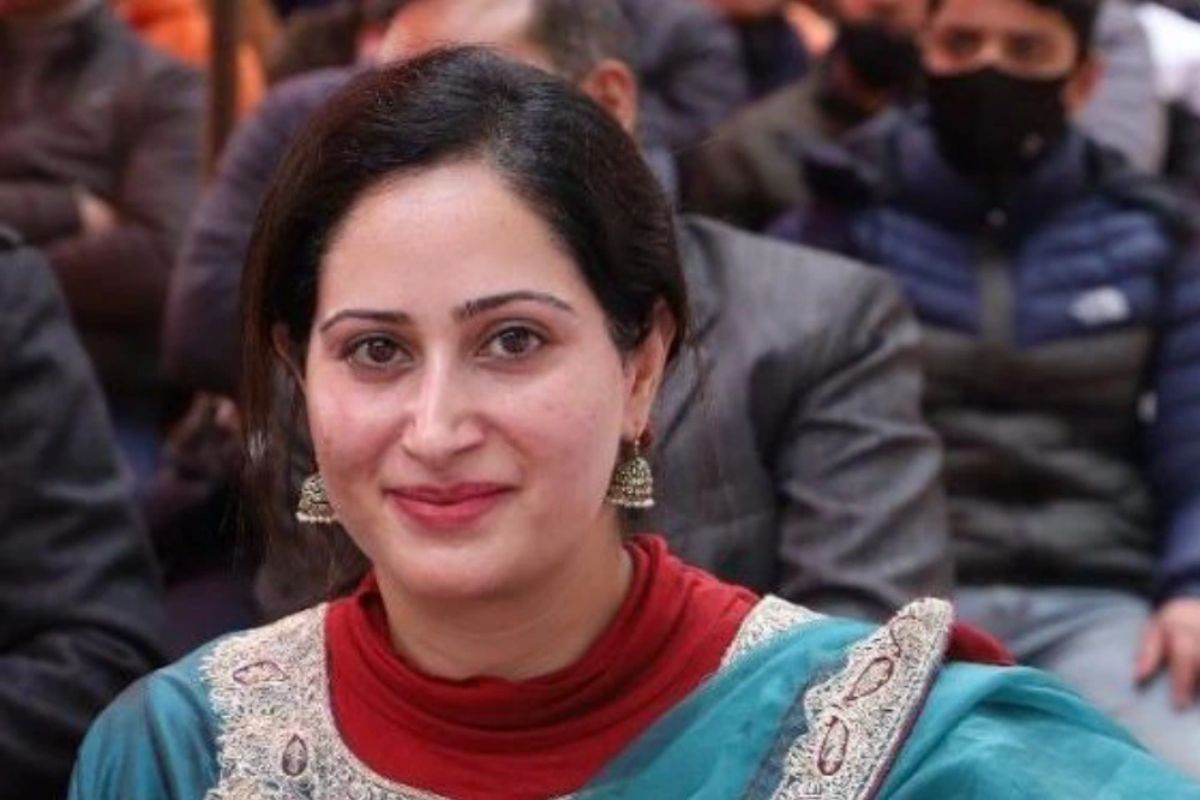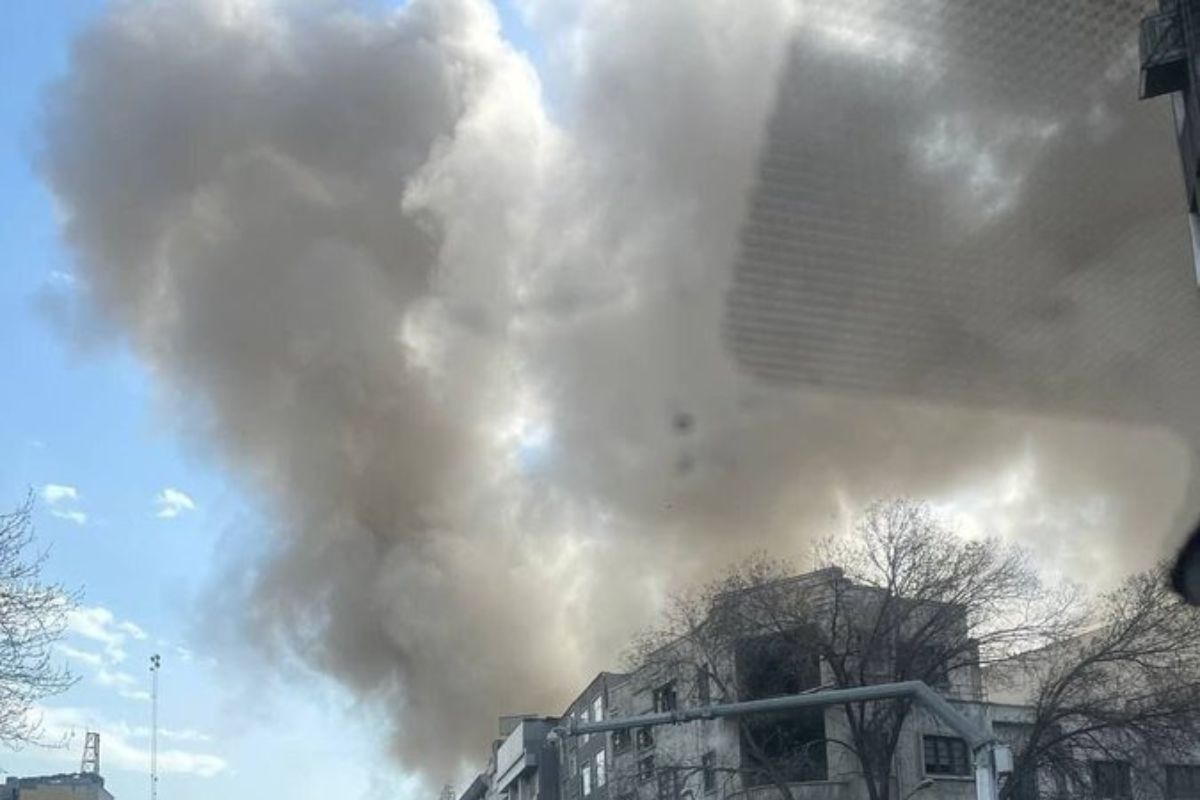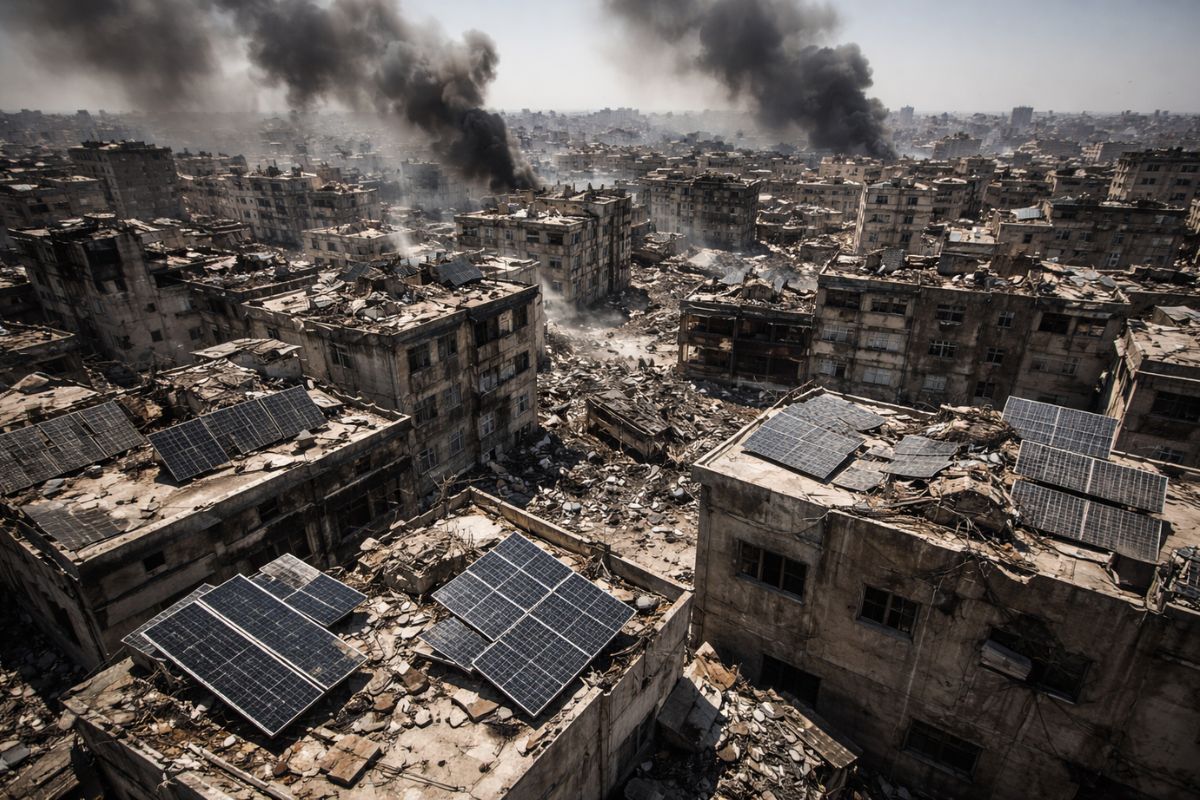On October 11, after fasting for 112 days starting in June to protest the government’s insufficient efforts in cleaning the Ganga, G.D. Agarwal also known (Sant Swami Sanand and Sant Swami Gyan Swaroop Sanand), a renowned advocate for the river, passed away at the age of 86 due to a heart attack. Known as Swami Gyan Swaroop Sanand, he formerly served as a professor in the civil engineering department at the Indian Institute of Technology, Kanpur.
As an environmentalist, Agarwal vehemently opposed hydroelectric projects along the Ganga in Uttarakhand and expressed disappointment with both the Central and Uttarakhand governments for their lack of action in protecting the river. His fast this year was triggered by what he perceived as unfulfilled promises by Prime Minister Narendra Modi, who had pledged to clean the Ganga after winning the Varanasi seat.
ALSO READ: Does districts have capital in India?
Agarwal sustained himself on a diet of honey, lemon, and water since June, and in the week leading to his demise, he even abstained from water. He was eventually admitted to the All India Institute of Medical Sciences, Rishikesh, where he breathed his last.
Information obtained via a Right to Information (RTI) request revealed that the Prime Minister’s Office (PMO) did not issue a response to Agarwal, despite two months passing while the engineer-turned-activist was engaged in a hunger strike until death.
However, Prime Minister Modi promptly expressed his condolences on Twitter shortly after Agarwal’s demise. “Saddened by the demise of Shri GD Agarwal Ji. His passion towards learning, education, and saving the environment, particularly Ganga cleaning will always be remembered. My condolences.”
Who was Swami Swanand?
Guru Das Agrawal, also known as Sant Swami Sanand and Sant Swami Gyan Swaroop Sanand was a multifaceted personality in India, recognized as an environmentalist, engineer, religious leader, monk, and professor. Notably, he served as the Patron of Ganga Mahasabha, an organization founded by Madan Mohan Malviya in 1905.
Born into a farming family in Kandhla, Muzaffarnagar district, Uttar Pradesh, in 1932, Agrawal pursued his education in local primary and secondary schools before graduating in civil engineering from the University of Roorkee (now IIT Roorkee). His professional journey included serving as the member secretary of the Central Pollution Control Board during 1979–1980 and assuming the role of a visiting professor for environmental engineering at the University of Roorkee.
ALSO READ: India launches ‘Meri LiFE’ app to encourage youth participation in tackling climate change
In July 2011, Agrawal embraced Hindu sannyasa and adopted the name Swami Gyanswaroop Sanand, marking a significant spiritual transformation in his life.
Agrawal gained prominence for his unwavering commitment to preserving the sanctity of the River Ganga, exemplified through several fasting protests aimed at halting various projects that posed threats to the river’s integrity. His steadfast activism brought significant changes, such as the cessation of the damming of the Bhagirathi River following his fast in 2009.
Environmental activism
Agrawal’s environmental activism was propelled by his deep-rooted belief in the sacredness of the River Ganga and his conviction that India faced an impending ecological and cultural crisis. His fasting protests were targeted at safeguarding the natural flow of the Ganga and preventing the construction of hydroelectric power plants that threatened its pristine state.
Agrawal’s unwavering dedication to safeguarding the sanctity of the River Ganga earned him widespread recognition. His activism was highlighted by several fasting protests aimed at stopping projects that threatened the river’s integrity. Notably, his determined efforts led to the cessation of the damming of the Bhagirathi River in 2009, showcasing the impact of his steadfast activism.
One of Agrawal’s significant fasting protests commenced on June 13, 2009, in Uttarkashi. His demand was clear and specific: to maintain the flow of the Ganges in its original channel along a 125-kilometre stretch from its origin. This particular section was crucial as it remained untouched by human interference, preserving the river’s sacred essence. Agrawal emphasized the sacred significance of the Ganges to the Hindu faith, portraying water from the river as vital to the very existence of Hindu beliefs.
ALSO READ Vote For The Goat: BJP’s Call To Action For ‘A Generation MODIfied’
On February 19, 2009, the Ministry of Power halted the Loharinag Pala Hydro Power Project after Agrawal’s 38-day fast against it. Agrawal’s passion for the Ganges, rooted in his Hindu faith, led to this victory. He believed India faced a crisis and worked tirelessly to restore respect for nature.
His efforts prompted the Government to declare the Ganges a National River and form the National Ganga River Basin Authority. On November 4, 2009, Prime Minister Manmohan Singh fast-tracked the National Ganges River Basin Research Institute’s establishment. This institute, at Banaras Hindu University, studies Ganges basin data for sustainable development.
On February 10, 2010, Minister Jairam Ramesh vowed to block harmful projects on the Bhagirathi River. Through Agrawal’s devotion, India’s commitment to Ganges preservation became clear.
His fasting protests continued over the years, with notable instances in 2013 and 2018, each aimed at compelling the government to take substantive action in protecting and rejuvenating the Ganga.
Agarwal passed away on October 11, 2018, after fasting since June 22, 2018, demanding the government act on its promises to clean and save the Ganga.
Follow Ground Report for Environmental News From India. Connect with us on Facebook, Twitter, Koo App, Instagram, Whatsapp and YouTube. Write us on GReport2018@gmail.com and subscribe our free newsletter.
Don’t forget to check out our climate glossary, it helps in learning difficult environmental terms in simple language.









